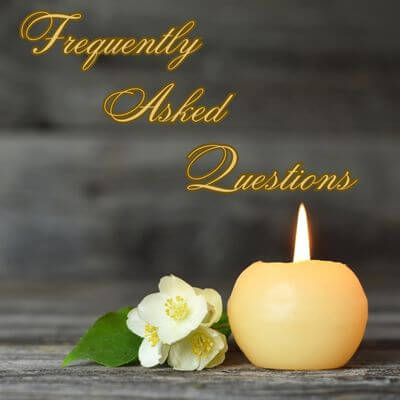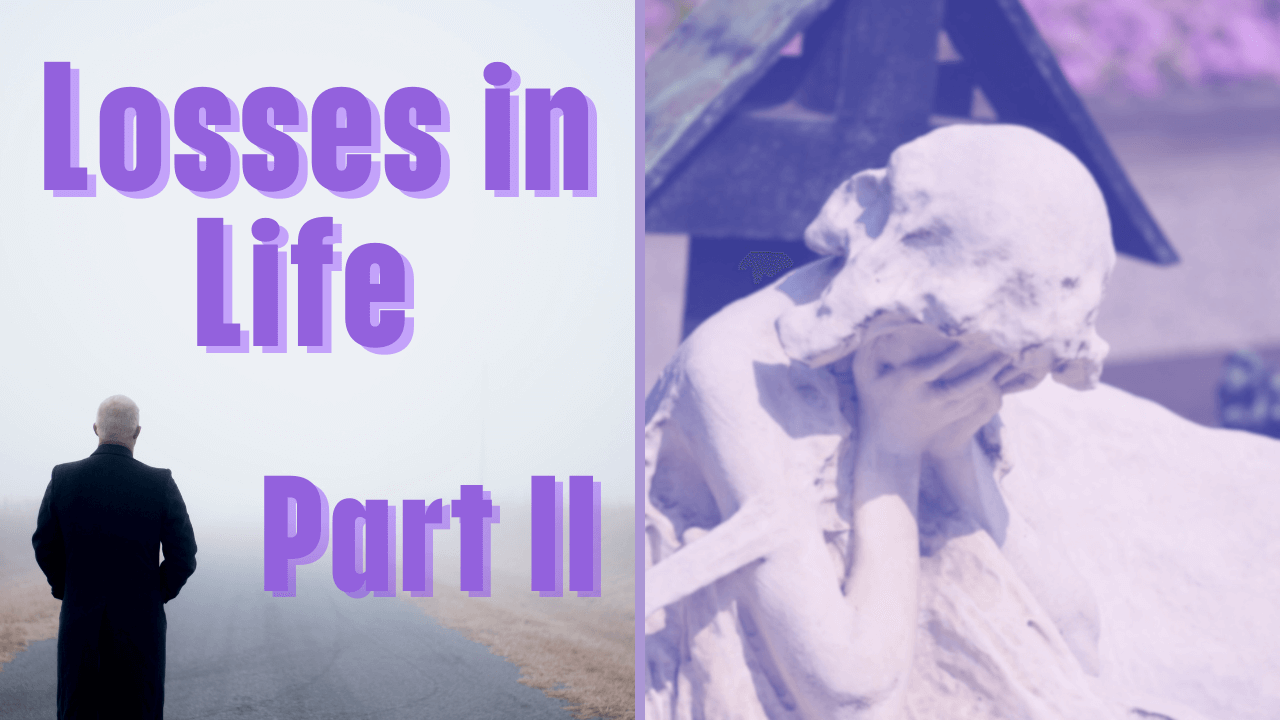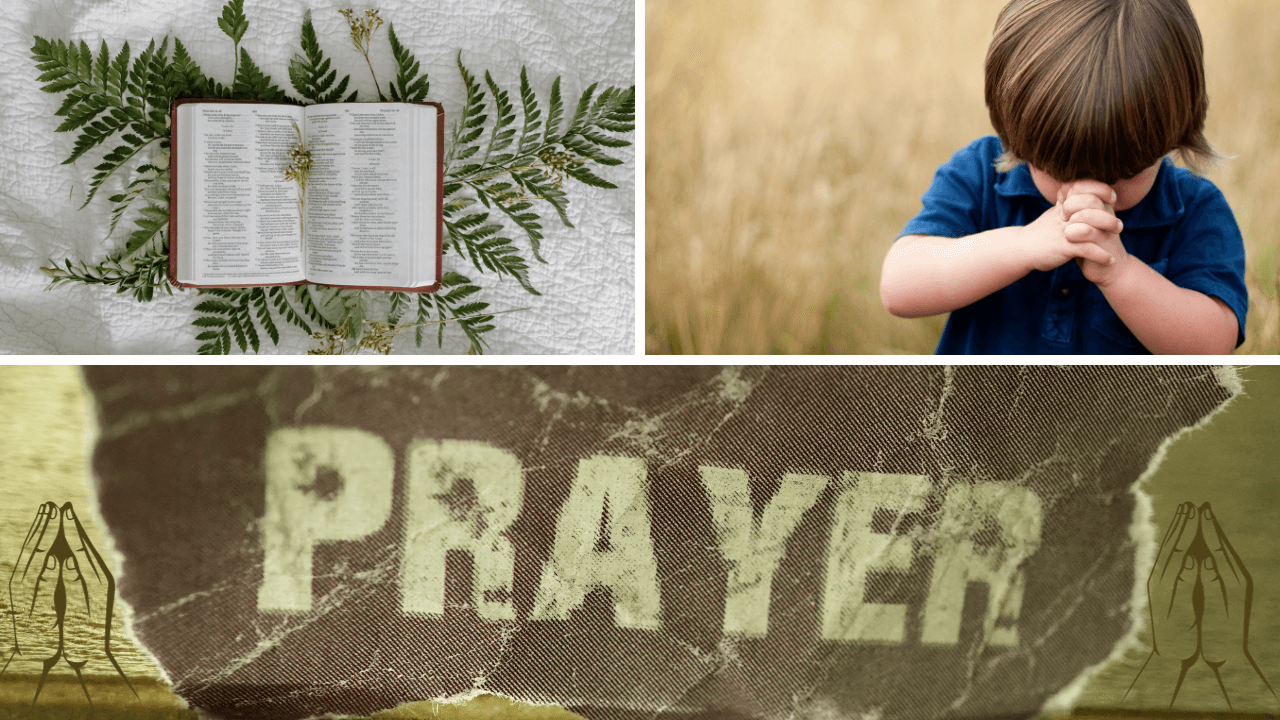I have been a peer grief counselor for a number of years and know that understanding grief and the emotional chaos it causes is critical in the healing process. Experiencing loss is a universal and inevitable part of the human experience. Whether it's the devastating loss of a loved one, the career we've worked so hard for, or the familiar comforts of a place we've called home, grief can strike us in myriad ways. It is an emotional rollercoaster that can often feel overwhelming. Yet, it is crucial to remember that grief is not a sign of weakness, but a natural reaction to loss. This blog post aims to explore the different facets of grief and provide a roadmap to navigate through its complexities. It offers practical self-care tips and guides you toward resources that can support you in your journey of healing.

The Many Faces of Grief
It is important to recognize the different types of grief so that you can work through them in a healthy way. Each type of grief may require a different approach, but acknowledging your feelings is a crucial first step.
Grief will manifest in response to various forms of loss. The most commonly recognized form is the loss of a loved one. Bereavement can trigger intense feelings of sadness, anger, guilt, and even fear.

Job loss, on the other hand, can elicit grief that often goes unrecognized. Jobs not only provide financial security but also a sense of identity and purpose. Losing a job can create feelings of worthlessness, anxiety, and depression. These feelings are very often not recognized as grief and are not treated as such. Even retiring can cause one to experience grief because it's a major life change.


Relocation grief, resulting from leaving a familiar environment to settle in a new place, can evoke a sense of loss. It might be coupled with feelings of isolation and disorientation, as familiar routines and relationships are disrupted. This is especially difficult on children who are often overlooked when it comes to recognizing that they grieve loss as well.

Another type of grief is "complicated grief." The term "complicated grief" refers to a particularly challenging form of grieving. It occurs when past losses were not properly mourned, and a new loss adds additional layers of grief that can be difficult to recognize and manage. An excellent book I highly recommend is Recovering from Losses in Life by H. Norman Wright, in which he offers deep insight into how we grieve different losses in our lives and how to cope with those losses.
The Emotional Rollercoaster of Grief
Grief isn't a linear process but more like an emotional rollercoaster with ups, downs, twists, and turns that can feel unpredictable at times. Accepting your emotions as they come and finding healthy ways to express them is key. Remember that healing takes time, and everyone's journey is different.
Acute grief presents itself in stages like denial, anger, bargaining, depression, and acceptance. You may even feel numb for days immediately following the death of a loved one. However, these stages or feelings are not universal, and the journey can look different for each person. It's a natural response to feel good one day and fall back into sorrow the next or to feel angry or depressed the next. You may have days of intense longing for your loved one.
Grief is unpredictable and can resurface when you least expect it. Dr. Alan D.Wolfelt calls the unpredictable feelings that appear from seemingly nowhere "griefbursts." If you recognize these "griefbursts" as a normal part of the grieving process, it's much easier to deal when them when they happen.
Dr. Wolfelt also has an excellent book that I work through with clients: Understanding Your Grief. You can visit his site for much more material regarding grief here: www.centerforloss.com.
It's crucial to express your emotions during the grieving process, whether it's through talking, crying, or writing about them. It's okay to feel sad and overwhelmed, and expressing those emotions in healthy ways can help you move forward.
Self-Care During the Grieving Process
Self-care is paramount during the grieving process. Regular physical activity, a healthy diet, adequate sleep, and avoiding alcohol and drugs can promote overall well-being. Engaging in activities that you enjoy can bring momentary relief and gradually help in settling you into a "new normal" with your daily life.
Mindfulness exercises, such as meditation and yoga, can enhance emotional regulation and improve coping with your grief experience. Most importantly, be gentle with yourself. Give yourself the permission to grieve and to heal at your own pace.
One of the activities I highly recommend as a peer grief counselor is journaling. This is so important, especially in the loss of a loved one, as it allows you to put your feelings on paper rather than keep them bottled up inside. Grief is what we feel inside, mourning is what we do to release that pent-up grief. Crying is mourning, writing in a journal is mourning, and writing a letter to your lost loved one is mourning.

I also recommend creating a garden or special space in memory of your loved one. Not only does this give you an activity that involves your grief, but a special mourning place where you can go to relive precious memories. And memories are so important.
Finding Support During the Grief Journey
Don't hesitate to seek support. Expressing your feelings can be incredibly therapeutic. Whether it's talking to a trusted friend or family members, writing in a journal, or creating art, find an outlet to release your emotions.

Professional help, such as therapy or counseling, can provide constructive coping strategies. If you have complicated grief or prolonged grief, counseling can surely help resolve it. I do highly recommend that you seek a Christian counselor if you feel you or someone you love are in need of professional help.
A grief support group can also offer solace by connecting you with individuals who are experiencing similar losses. Grief Share offered by many local churches is a great place to find support. Simply "Google" Grief Share to find out if your local community has one or go to www.griefshare.org for more information.
Don't be afraid to ask for help, as reaching out can be a significant step towards healing.

Faith, Spirituality, and Grief
For many, faith and spirituality offer a deep source of comfort and hope during times of grief. Whether it's through prayer, meditation, or participating in religious rituals, spirituality can provide a sense of purpose and help in making sense of the loss. It can encourage acceptance and foster feelings of connectedness and hope.
Exploring your beliefs and finding what works for you can be an essential part of the healing process.
Where to Turn for Help
Seeking additional help is not a sign of weakness but a testament to your resilience. Mental health professionals, grief counselors, and support groups can provide valuable assistance. Reach out to national hotlines like the National Suicide Prevention Lifeline (988) or Crisis Text Line (988). They offer help 24/7.
If you are feeling overwhelmed. Various online resources are also available, such as the American Psychological Association (https://www.apa.org/), Mayo Clinic (https://mayclinic.org), or Grief.com, offering expert advice and information on grief and loss.

What is grief?
Grief is an emotional response to loss, typically the loss of a loved one. However, it can also occur due to other types of loss such as the loss of a job, a relationship, or a change in life circumstances like moving to a new place.
Is there a right way to grieve?
There is no 'right' way to grieve. Grief is a highly personal experience and varies greatly from person to person. Some people may express their grief openly, while others may grieve in private. There's no specific timeline for grief either - for some, the intensity of grief may lessen over weeks or months, while for others, it might take years.
What are the stages of grief?
Traditionally, grief is described in five stages: denial, anger, bargaining, depression, and acceptance. However, these stages aren't linear and not everyone will experience all of them. It's important to understand that this model serves as a guide to the grieving process and not as a strict timeline.
How can I cope with grief?
Coping with grief involves acknowledging your pain, taking care of your physical health, seeking support from others, expressing your feelings, and giving yourself time to heal. Activities like meditation, journaling, art, or spending time in nature can also be therapeutic.
When should I seek professional help for my grief?
If your grief feels overwhelming or lasts for a prolonged period, it may be beneficial to seek professional help. Signs that you should reach out to a mental health professional include: persistent feelings of sadness, difficulty carrying out daily activities, withdrawal from social activities, or thoughts of suicide.
Can faith or spirituality help with grief?
Yes, many people find solace in their faith or spiritual practices during times of grief. This could include prayer, meditation, or religious rituals. Faith can provide a sense of hope and comfort, helping to make sense of the loss.
How can I help someone else who is grieving?
The most important thing you can do is to be there for them. Listen to them, offer words of comfort, and acknowledge their pain. Avoid clichés like "they're in a better place" or "at least they lived a long life". Instead, say things like "I'm sorry for your loss" or "I'm here for you".
Is it normal to feel guilty after a loved one's death?
Yes, it's common to experience feelings of guilt after a loved one's death, often reflecting on "what ifs" or "if onlys". It's important to remember that it's part of the grieving process and to be gentle with yourself during these times.
Can grief affect physical health?
Absolutely. Grief can lead to physical symptoms like changes in appetite, sleep disturbances, fatigue, and even a weakened immune system. That's why taking care of your physical health during the grieving process is so important.
How can I honor my loved one's memory while still moving forward?
Honoring your loved one could include creating a ritual to remember them, like visiting their grave, creating a photo album, or even donating to a cause they cared about. Moving forward doesn't mean forgetting; it means learning to live with the loss and finding ways to honor their memory while making space for new experiences in your life.
Concluding Thoughts
Grief is an intensely personal and unique experience. It’s okay to feel overwhelmed, and it’s okay to seek help. It is important to remember that there is no right or wrong way to grieve. Be patient with yourself as you navigate through this journey of loss and healing. While it may not seem possible now, remember that you have the strength within you to cope with grief and that, with time, it will get easier.
Further Resources
1. Healing After Loss: Daily Meditations For Working Through Grief by Martha Whitmore Hickman
2. On Grief and Grieving: Finding the Meaning of Grief Through the Five Stages of Loss by Elisabeth Kubler-Ross & David Kessler
3. Grief.com (http://www.grief.com)
4. American Psychological Association] http://www.apa.org)
5. Mayo Clinic: Grief: Coping with reminders after a loss (http://www.mayoclinic.org)
6 When Grief Is Complicated by Alan D. Wolfelt, Ph.D., C.T.
Remember, grief is not a journey you need to take alone. Reach out, connect, and take one day at a time.
Thank you for visiting our Christian blog, and we look forward to sharing our passion for Christian theology and literature with you!









Member discussion